The Berlin dance company Flying Steps runs the largest urban dance school in Germany and is at home on the stages of the world with its many shows. Due to the coronavirus pandemic, performances had to be cancelled and studios closed. A new enterpreneurial choreography is needed.
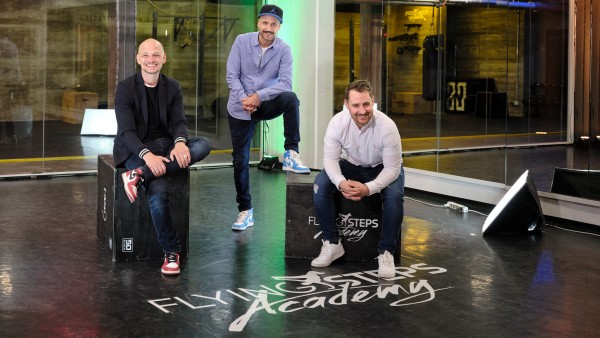
The partners of the Flying Steps Academy, Timm Zolpys, Vartan Bassil and Stefan Lechermann (from left to right) have known one another since they were young – now they are working together to cope with the coronavirus crisis.
It is quiet in the Kreuzberg district of Berlin these days. The mood is a bit depressing in a district where the last party-goers from the nearby techno club can usually be seen stumbling home in the early morning hours while others drink their first cappuccino of the day next door. The café and the six studios of the Flying Steps Academy, where hip-hop, breakdance and ballet classes are held or afro house is danced, are deserted.
Managing director Stefan Lechermann clearly recalls how there were new reports about the virus every day, countries began closing their borders and protective measures were initiated. “For a long time, we didn't think there would be a shutdown. But all of a sudden it was empty here, and a few days later we had to close down. Then we realised: this crisis will last longer than two weeks.”
The Flying Steps are a well-known name in entertainment, their shows, which combine classical music with modern dance, have become international successes. The Flying Bach tour was scheduled to start in three countries soon; the tickets for the 20 dates had already been sold. But the organiser cancelled them all and announced that they would be postponed until autumn of next year. Another pillar of the business has also collapsed: corporate clients who have their products showcased by the Flying Steps or book specially designed shows for events cancelled their contracts.
“Kurzarbeit” (short-time working) and redundancies
The partners of the Flying Steps, Timm Benjamin Zolpys and Vartan Bassil, have known one another since they were young. The breakdancers roamed through Berlin with a ghetto blaster to show their skills on the streets. In 1995 they even competed against one another in the Battle of the Year. Their story is told in the award-winning documentary film Flying Revolution. Later they became friends and business partners. Together with Stefan Lechermann, however, they are one thing more than anything else these days: a crisis management team. “We have been brutally affected by the situation,” says Zolpys. “Still, we never thought we’d go totally under. As with any project, problems have now arisen that we have to solve.”
Stefan Lechermann quickly learned a lot about how to support his industry. He told all the Flying Steps teachers and freelance dancers about the emergency aid and urged them to sign up immediately. Reduced working hours were announced, and with a heavy heart four of the 20 employees had to be laid off.
Read more under the image gallery.
The rooms at the Flying Steps Academy, where hip-hop, breakdance and ballet classes are normally held, were deserted during the coronavirus crisis.
Dance tutorials for Berlin students
What makes urban dance unique is speed and creativity. This can also be felt in the company management. Schools and sports facilities have been closed for weeks; many children and young people are bored at home. Early on, the Flying Steps set out to get them moving and presented an idea to the people in charge at the Berlin Senate: tutorial videos with choreography to contemporary music. Warner Music was already on board for the rights to the songs at that moment. The offer came at just the right time – the Senate agreed to cooperate and promised to inform Berlin schools and the media about the videos.
The Flying Steps got started and produced 40 films within a short time. Since then a new tutorial has been released every two days on their YouTube channel. Some videos have gotten as many as 15,000 hits. Even if no income was generated by the project, the Flying Steps have remained in the public eye and reached new target groups.
In addition, videos with sophisticated choreography are created that show dancers in their apartments. This is also attracting a lot of attention. The social media channels are rapidly expanding and new content is being added more and more often.
The call #stayathome also applies to the 1,800 dance lovers who regularly train at the Flying Steps Academy. There are online classes for them, which can be booked using the dance school’s app. There are three courses a day, so the teachers maintain good contact with the students. It also means that only a few contracts have been cancelled to date and regular income is flowing in.
“We have 2,000 square metres here, where we develop our shows and performances for customers. The Academy was a part of the whole, but it is now becoming the focus of attention and is playing a much bigger role,” says Stefan Lechermann. “It's a good thing that we were able to expand this pillar quickly and produce a lot in-house.”
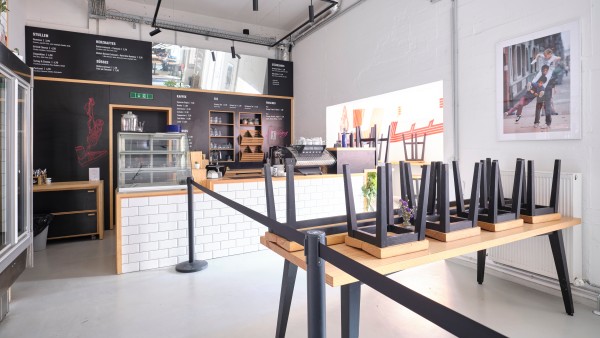
Silence instead of the clattering of tableware: the dance school's bistro was temporarily closed.
Support for a secure future
However, their income is far from sufficient to cover the running costs. The entrepreneurs quickly contacted their regular bank. Michaela Krug from Berliner Sparkasse is responsible for the Flying Steps. She provided information on all the new forms of support – from short-time work benefits and coronavirus aid from the government to deferral of payments to the tax office and health insurance company. She is also in close contact with the Investitionsbank Berlin, through which the Flying Steps received short-term liquidity support from Berlin.
It was also Michaela Krug who recommended the instant loan from KfW: “The conditions are ideal. No repayment is required in the first two years. But early termination has no disadvantages either. No one can predict when this difficult time will be over, will we get through it quickly or will there be a second wave?” Under these circumstances, says Krug, it is particularly important that the financing remains flexible.

“What has been accomplished here and at what speed, it’s crazy.”
This is also the case with KfW. “As a promotional bank, it is important for us to have a presence with our products and services in areas where companies face difficulties – sector-independent, flexible and fast,” says Markus Merzbach, Director at KfW. “We are of course very pleased when the coronavirus support is so well received. This example also shows the key role played by our financing partners. They provide reliable help navigating a confusing financing environment.”
There is a lot to do, especially in Berlin. The German capital is known for its particularly high density of creative artists in all fields. From DJs to independent cinemas and theatres, solo freelancers and institutions are now in a precarious situation. The state of Berlin has therefore set up emergency aid packages for the cultural sector, which are also of great benefit to the Flying Steps. Timm Benjamin Zolpys remains confident: “I really have to speak up for Germany, what has been accomplished here and at what speed, it’s crazy. I never thought we’d go bankrupt. We are entrepreneurs, crises are just part of it. The question is: who has the strongest nerves, the longest staying power and the best plan. And that’s where we’re well-positioned right now.” The crisis has inspired the founders. A detailed concept for opening up the Academy under the difficult conditions caused by coronavirus has long since been drawn up – as soon as restrictions are further eased, dancing can resume in Kreuzberg.
Recently, the requirements for sports facilities have been relaxed, and courses can slowly be held again in the Academy. A sophisticated concept ensures that the people on site can keep sufficient distance from each other. Seven students per coach are currently admitted.
Despite the difficult circumstances, Timm Benjamin Zolpys remains confident: “I really have to speak up for Germany, what has been accomplished here and at what speed, it’s crazy. I never thought we’d go bankrupt. We are entrepreneurs, crises are just part of it. The question is: who has the strongest nerves, the longest staying power and the best plan. And that’s where we’re well-positioned right now.” The crisis has inspired the founders. A detailed concept for opening up the Academy under the difficult conditions caused by coronavirus has long since been drawn up – as soon as restrictions are further eased, dancing can resume in Kreuzberg.
Published on KfW Stories: 16 June 2020.

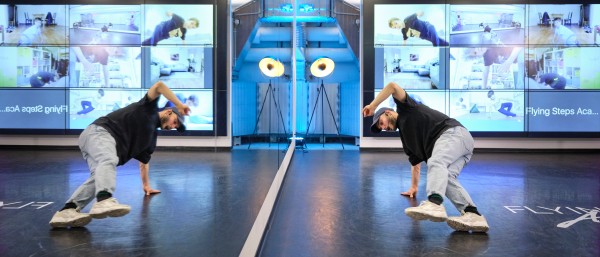




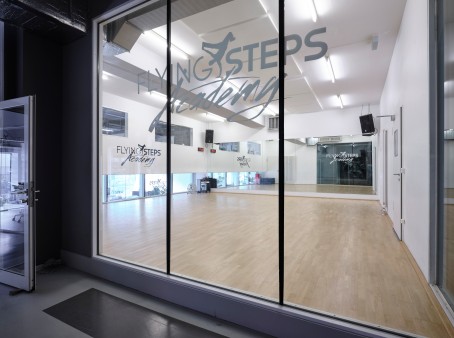
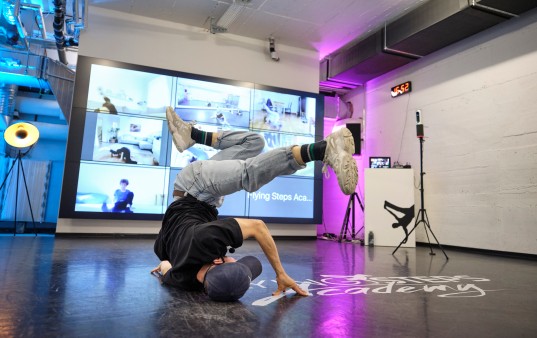

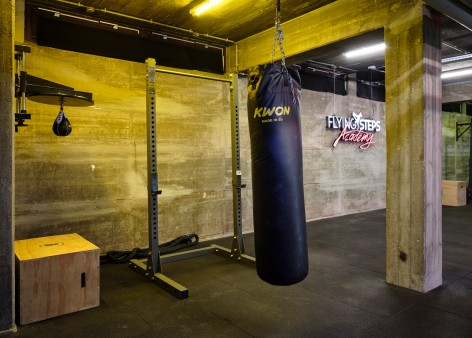




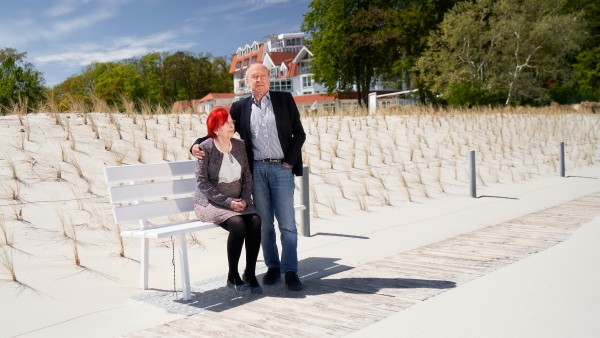
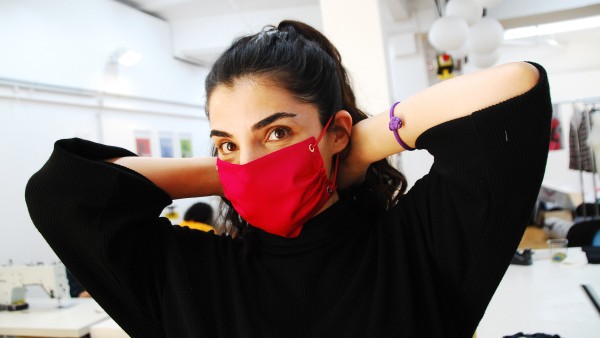
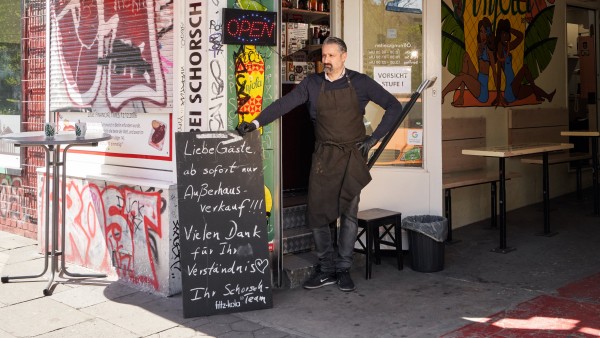
Data protection principles
If you click on one of the following icons, your data will be sent to the corresponding social network.
Privacy information